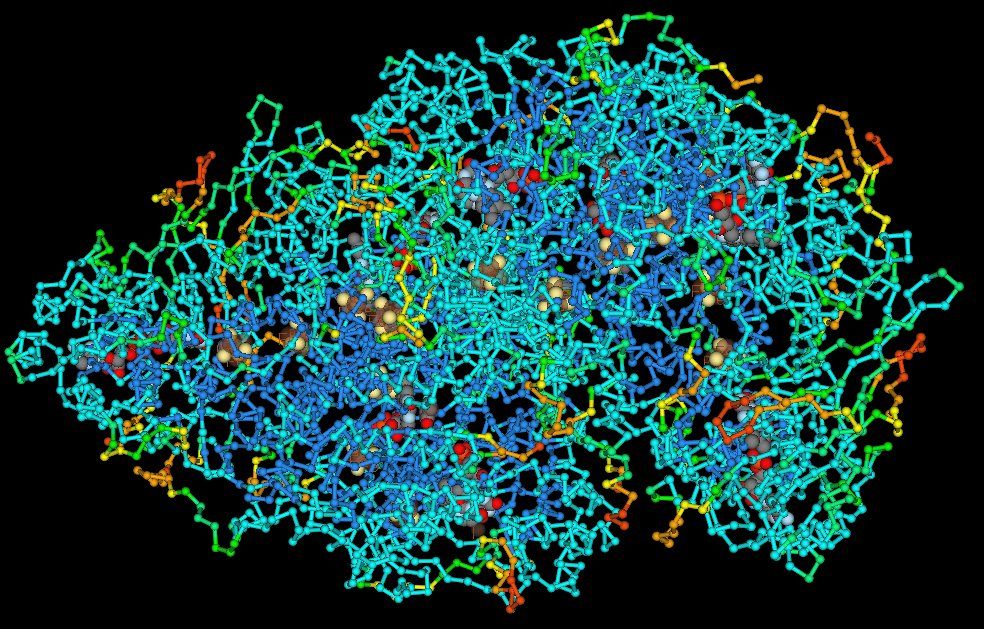Comprehending Polymers: The Science Behind Versatile Products
Harnessing the Power of Polymers: Comprehending the Extensive Uses and Favorable Influences
Polymers, with their varied chemical frameworks and homes, have actually become essential in many markets, changing the means we interact with materials on a daily basis. As we explore the extensive usages of polymers and their role in shaping a much more lasting, reliable, and cutting-edge future, it comes to be noticeable that their capacity is as substantial as the molecules themselves.
Flexibility in Everyday Products
Polymers show remarkable convenience in a broad selection of daily products, showing their indispensable duty in modern society. From the versatile plastic casing of mobile phones to the long lasting fibers in clothes, polymers have transformed the method we interact with items in our day-to-day lives. One of the most usual uses polymers remains in product packaging products. Polyethylene, for instance, is extensively utilized in food packaging because of its lightweight, sturdy, and moisture-resistant homes. Furthermore, polymers play an important duty in the auto sector, where they are utilized in producing light-weight parts that enhance gas performance.
Eco-friendly polymers are used in stitches and implants, minimizing the threat of damaging reactions in patients. In the building and construction market, polymers are incorporated right into paints, adhesives, and insulation products, improving durability and power effectiveness.
Sustainability in Material Innovations
With the continuous emphasis on ecological consciousness and source performance, the emphasis shifts towards sustainability in product advancements, mirroring a growing commitment to accountable manufacturing techniques throughout various sectors. In recent times, there has been a significant surge in the growth of sustainable materials, especially within the world of polymers. These innovative materials are made to reduce environmental influence throughout their entire lifecycle-- from sourcing basic materials to disposal or recycling.
One significant facet of sustainability in material advancements is the idea of biodegradability. Naturally degradable polymers have actually garnered focus for their capacity to damage down normally right into safe by-products, lowering waste and contamination. Additionally, using recycled polymers originated from post-consumer or post-industrial sources is gaining grip as a way of advertising a circular economy and minimizing reliance on virgin products.

Enhancing Efficiency in Design
Enhancing efficiency in design calls for a careful integration of advanced innovations and specific methodologies to maximize performance and performance in different industrial applications. Polymers play an essential function in this endeavor, providing a variety of advantages that boost the performance of engineering products and components.
One trick aspect of boosting efficiency in design is the capability of polymers to improve durability and strength. By including polymers into design styles, manufacturers can create lightweight yet robust structures that can stand up to high levels of tension and strain. This characteristic is specifically useful in industries such as aerospace, automobile, and building, where the demand for solid yet lightweight materials is extremely important.
Furthermore, polymers can description likewise improve performance by offering thermal and chemical resistance, lowering friction, and boosting electrical conductivity. These residential or commercial properties make polymers excellent for a vast array of design applications, including seals, bearings, coatings, and electronic parts. Polymers. By using the unique buildings of polymers, designers can maximize the efficiency of their styles and develop a lot more effective and trusted products
Influence On Medical Developments
Polymers have actually played an important function in contemporary medical advancements, ranging from medication delivery systems to cells engineering. One of the crucial areas where polymers have actually made a considerable influence is in the growth of eco-friendly stitches and implants.
Moreover, polymer-based products are significantly being utilized in clinical tools such as catheters, stents, and prosthetics due to their biocompatibility and flexibility. For example, polymer finishings on medical devices can avoid infections and boost overall patient end results. Additionally, improvements in nanomedicine have made it possible for making use of polymer nanoparticles for targeted medicine delivery, improving the efficiency and reducing adverse effects of various medications
Function in Environmental Conservation

Additionally, polymers are used in water therapy processes, aiding in the purification and web link recycling of water sources. This helps in reducing water contamination and ensuring accessibility to clean water for both human intake and environmental health. Polymers likewise contribute in farming through the development of here are the findings eco-friendly composts and controlled-release fertilizers, advertising sustainable farming techniques.
Verdict
Finally, polymers have proven to be a versatile and necessary material in numerous industries, from daily products to engineering and clinical innovations. Their effect on sustainability, efficiency improvement, and environmental preservation is significant. Recognizing the extensive usages of polymers highlights their value in driving development and development in multiple areas. The ongoing exploration and application of polymers will certainly bring about more developments and positive influences on culture.